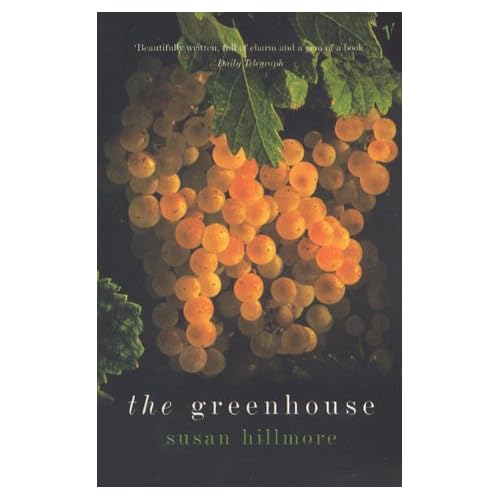 Amazon Link: The Bird Artist
Amazon Link: The Bird ArtistThe novel opens with a confession, the protagonist, Fabian Vas, is a bird artist and a murderer. The setting is a small cod fishing village on an island province of Canada, replete with unique characters and scandal, including adultery (of which Fabian’s mother is one of the key players). The time is the early 1900’s.
In a voyage of recollections, Fabian shares his thoughts, dreams, experiences in a matter of fact way. He appears to be resigned to much of what happens, helpless beneath it, as though he has no hold of the rudder of his life. He is dedicated only to his art, the painting of birds and his dream of one day being recognised as a renowned bird artist. Though, as his idol, mentor and tutor by correspondence points out, he may be lucky to make enough money to supplement his income because his talent, though natural, is far from astounding. He takes this ego blow in his stride, consuming cup upon cup of coffee, while he fine-tunes his craft.
When his parents arrange a marriage to a near relative, a girl he has never met and will not meet until their prescribed wedding day, he accepts it with muted dismay. He has a lady friend (lover), Margaret Handle, a young woman with a damaged past, alcohol addiction and a way of telling it just as it is. When she learns of Fabian’s intended marriage, she is angry, hurt, revengeful… Fabian in contrast is listless, taken aback by Margaret’s rage. Though surely he must love her, he gives no indication of it.
In today’s society he may be taken to be a momma’s boy, incapable of making his own decisions, but I think it’s deeper than that. I consider Fabian to be a young man who wishes for a peaceful life so he can paint his birds. He goes with the flow, taking the easier route to avoid confrontation, and I can’t fault him that.
Fabian’s father leaves to hunt birds, the bodies of which will be sold to fund Fabian’s marriage, and his mother, Alaric, immediately finds loving companionship in the arms of the lighthouse keeper. It is an affair that she flaunts, and for the first time Fabian has a firm opinion on what is right and wrong. It is as though his mother’s marital treachery sparks an inner resolve, something formerly lacking and that he needs in order to grow. His anger grows slowly and culminates in murder, the death of a representation of his mother’s betrayal – the final breaking of the apron strings that keeps him weighed down as a boy.
The story plays out with some predictability, given Fabian’s initial confession, but this by no means detracts from its quality. Instead, I was drawn along, fascinated by each nuance that determines the fate of the characters. And, the characters themselves are the real shining stars of this novel. Each is drawn with fine detail, a sparkling clarity that sets them apart as whole, living, breathing people. So fine in fact that I researched the author’s technique and found (unsurprisingly) that he spent extended periods of time in remote communities, just like the one that featured in this novel. The authenticity shows, it really does. It’s a quality to aim toward.
This article is fascinating: http://www.pshares.org/issues/article.cfm?prmarticleid=4377 It gives the Howard Norman’s history, how he came to write ‘The Bird Artist’ and other information about his life and approach to writing. Reading this makes me long to break out of my safe little life, my reliance on procrastination when things get hard, and the false belief that I have a whole life in front of me in which to achieve my goals. I don’t. It’s now or never. It’s time I realised it, not just in my head but in my heart.
Rating: ****1/2 out of five stars.






